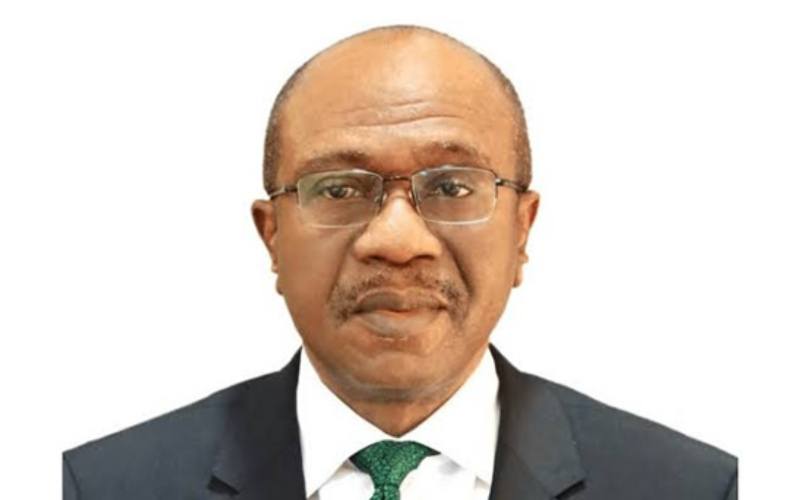As Nigerians make huge withdrawals from deposit money banks, the total amount of demand deposits dropped by N210bn between January and March 2023.
Data from the Central Bank of Nigeria showed that demand deposits dropped from N20.12tn in January 2023 to N19.91tn by March.
According to the Corporate Finance Institute, “A demand deposit is money deposited into a bank account with funds that can be withdrawn on-demand at any time.”
It noted that the depositor would typically use demand deposit funds to pay everyday expenses.
The Corporate Finance Institute further noted that many people would make large withdrawals from the bank during a financial crisis.
It added, “The withdrawals will lead to a decline in demand deposits and a decrease in the money supply, with banks left with less money to loan out.”
The large withdrawal was triggered by the naira redesign policy of the CBN, which led to cash scarcity, in the country.
The policy seemed to have led to a lack of trust in the banking system, with Nigerians making large withdrawals and hoarding cash.
Sunday PUNCH observed that the withdrawals occurred despite the withdrawal limits introduced by the CBN.
In a circular the CBN issued on December 6, it had said that with effect from January 9, 2023, the maximum over-the-counter cash withdrawal limit by individuals and corporate organisations per week, would be N100,000 and N500,000 respectively, adding that withdrawals above these limits would attract processing fees of five per cent and 10 per cent respectively.
It further stated that the maximum cash withdrawal per week via Automated Teller Machines from January 9 would be N100,000, subject to a maximum of N20,000 cash withdrawal per day.
The apex bank also directed banks to load only N200 and lower denominations into their ATMs.
Many stakeholders kicked against the directives, arguing that it will adversely impact the economy.
The CBN eventually bowed to pressure and revised the cash withdrawal limit policy.
It reviewed upward the maximum weekly limit for cash withdrawal across all channels by individuals and corporate organisations to N500,000 and N5m, respectively.
The CBN attributed the development to the feedback it got from stakeholders.
For transactions above the withdrawal limits, financial institutions are required to get details of the customers and upload the same on the CBN portal created for the purpose.
Such information includes a valid means of identification of the payee (national identity card, international passport, or driver’s license), Bank Verification Number of the payee, Tax Identification Number of both the payee and the payer, and approval in writing by the managing director/chief executive officer of the financial institution authorising the withdrawal.
It was also noted that third-party cheques above N100,000 would not be eligible for payment over the counter, while the extant limit of N10m on clearing cheques still subsists.
The CBN urged banks to encourage customers to use alternative channels (Internet banking, mobile banking apps, USSD, cards/Pos, eNaira, etc.) to conduct their banking transactions.
The CBN also said that it recognised cash’s vital role in supporting underserved and rural communities and would ensure an inclusive approach as it implements the transition to a more cashless society.
SOURCE: THE PUNCH


